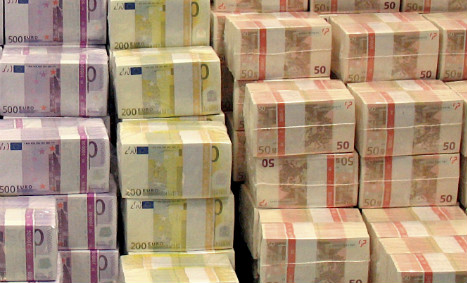“The outlook for the public finances in 2019 is particularly risky,” said the Cour des Comptes, France's independent state audit office, calling on Macron's centrist government to take corrective measures.
Three weeks after protesters began occupying traffic roundabouts and staging mass rallies over spending power, a beleaguered Macron went on national television in mid-December to announce a package of wage increases and tax cuts for low earners and retirees.
The concessions threw the government's deficit reduction drive off course.
The gap between state spending and revenue forecast is once again set to overshoot the EU's limit of three percent of GDP this year, after being on target for the past two years.
The Cour des Comptes said the knock-on effect of the measures “confirm that France, because of the incomplete nature of the stabilisation of its public finances, has little budgetary leeway to cope with an economic downturn or a crisis”.
Above all, the measures showed the need for a “profound adjustment of our public finances”, they added.
The auditors expressed concern over the government's failure to say where it will make the savings necessary to fund the measures announced by Macron.
These included tax cuts on overtime pay and a state top-up for minimum-wage earners.
The Cour des Comptes also warned that France risked being hit by the sharp slowdown in growth in the eurozone, creating a “serious risk” that it would miss its target of 1.7 percent GDP growth this year.
The eurozone's second-largest economy already started to sag late last year, with GDP growth falling to 1.5 percent, compared to 2.3 percent in 2017.
The slower-than-expected growth was partly blamed on a dip in consumer spending over several consecutive weekends around Christmas of violent protests as the “yellow vest” movement grew into a full-scale anti-government rebellion.



 Please whitelist us to continue reading.
Please whitelist us to continue reading.
Member comments